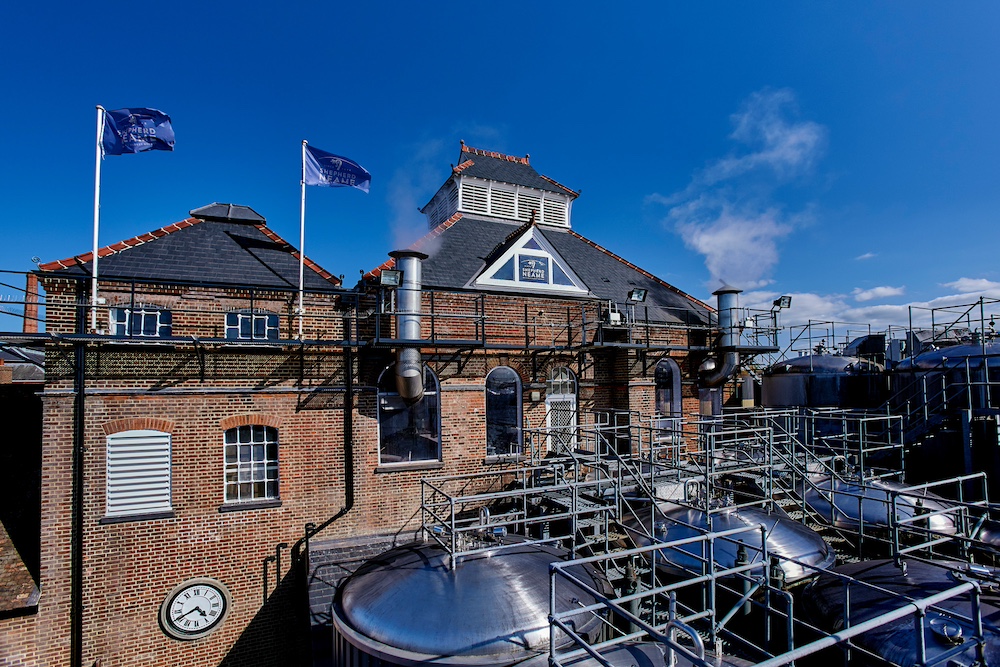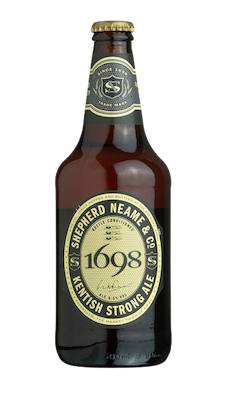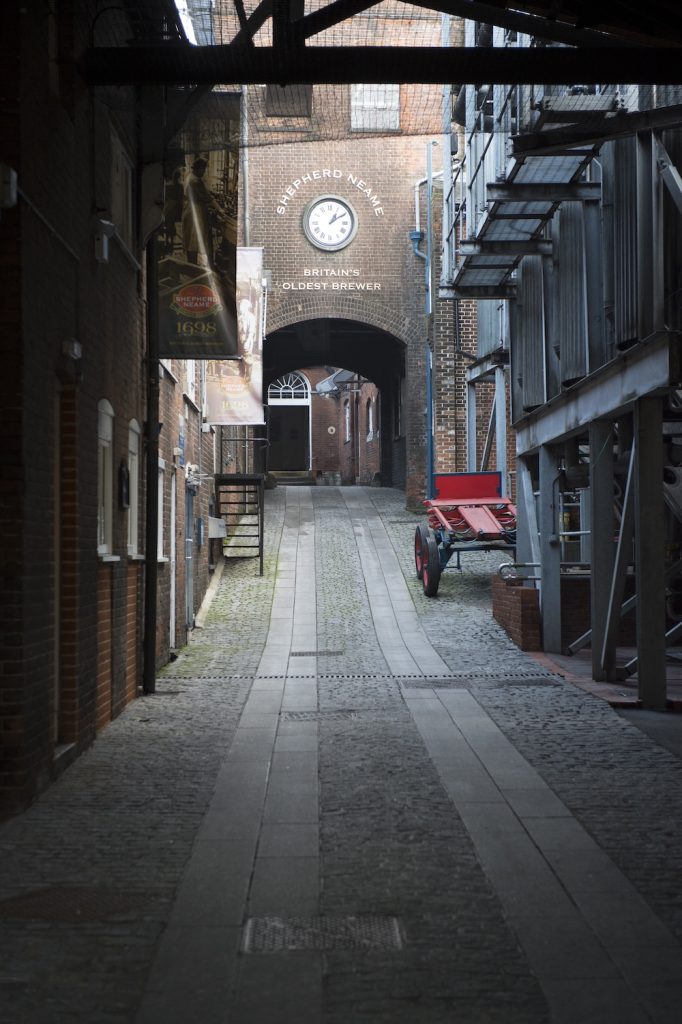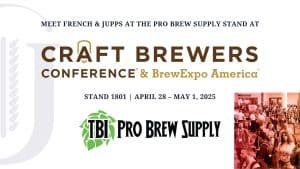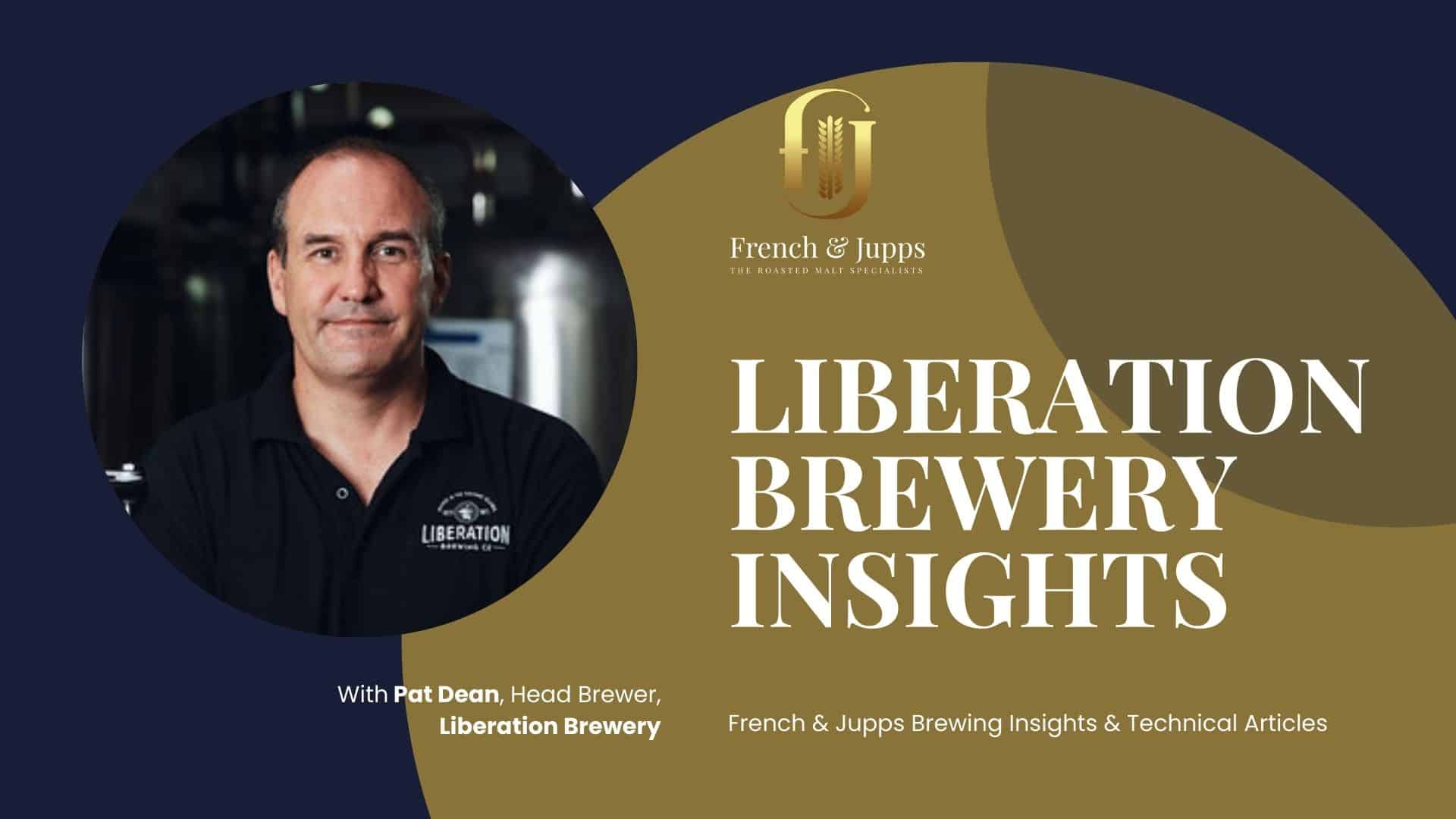Q9. What is your approach to incorporating Roasted Malts into your beer recipes to achieve specific flavour profiles? Are there any dos and don’ts?
We use a lot of Crystal Malt but also Cara Malt, Chocolate Malt, Black Malt and Roasted Barley. Since all roasted malts have to be handled in sacks we have limitations in achieving a blended grist and not overloading the conveyor system (or the operators).
Q10. Do you have a methodology for using roasted malts effectively? Perhaps any examples of beers you have brewed where roasted malts have played a significant role?
Our Porters and stouts have always been very popular and use a variety of coloured and roasted malts.
Q11. How do you balance the bitterness and astringency of Roasted Malts with the hop bitterness and aroma in your beers?
This comes from trial and error, too much roasted barley tends to over drive the perceived bitterness so we are gentle with the hop additions.
Q12. When using significant amounts of Crystal and/or Patent malts, how does this influence your yeast strain selection to achieve your desired flavour profile or ABV?
We rely on our ale yeast strain which is very versatile for all of our ale brewing, our lagers use either our own lager strain or our partner brewers strain as appropriate. So far this has worked for us.
Q13. When using Patent Roasted Malts, for example, what approach should you take when considering balancing these with Crystal Malt varieties to achieve colour, sweetness, and flavour?
Try it and taste the effect – be prepared to say you got it wrong and throw the beer away. Obviously also use the expertise of the maltsters.
Q14. Does your water chemistry interact differently with Crystal and Patent Malts to influence beer flavour? Do adjust your water profile?
We do adjust our water profile for two reasons. Removing the Kentish hardness from the water allows us to avoid scaling all the plant up at the start of the process. We then dose the same mix of salts back in to stay true to our authentic Kentish style. For other beer styles we match the salts to the appropriate terroir be that Burton on Trent, London, Switzerland or even Thailand.
Q15. Have you experimented with different types of Roasted Malts or unusual malt varieties, and how have these experiments influenced your brewing process and beer styles?
We have experimented with many malts for a huge range of beers, some have worked and some remain as a one off interesting beer – few have been run down the drain as a disaster.





